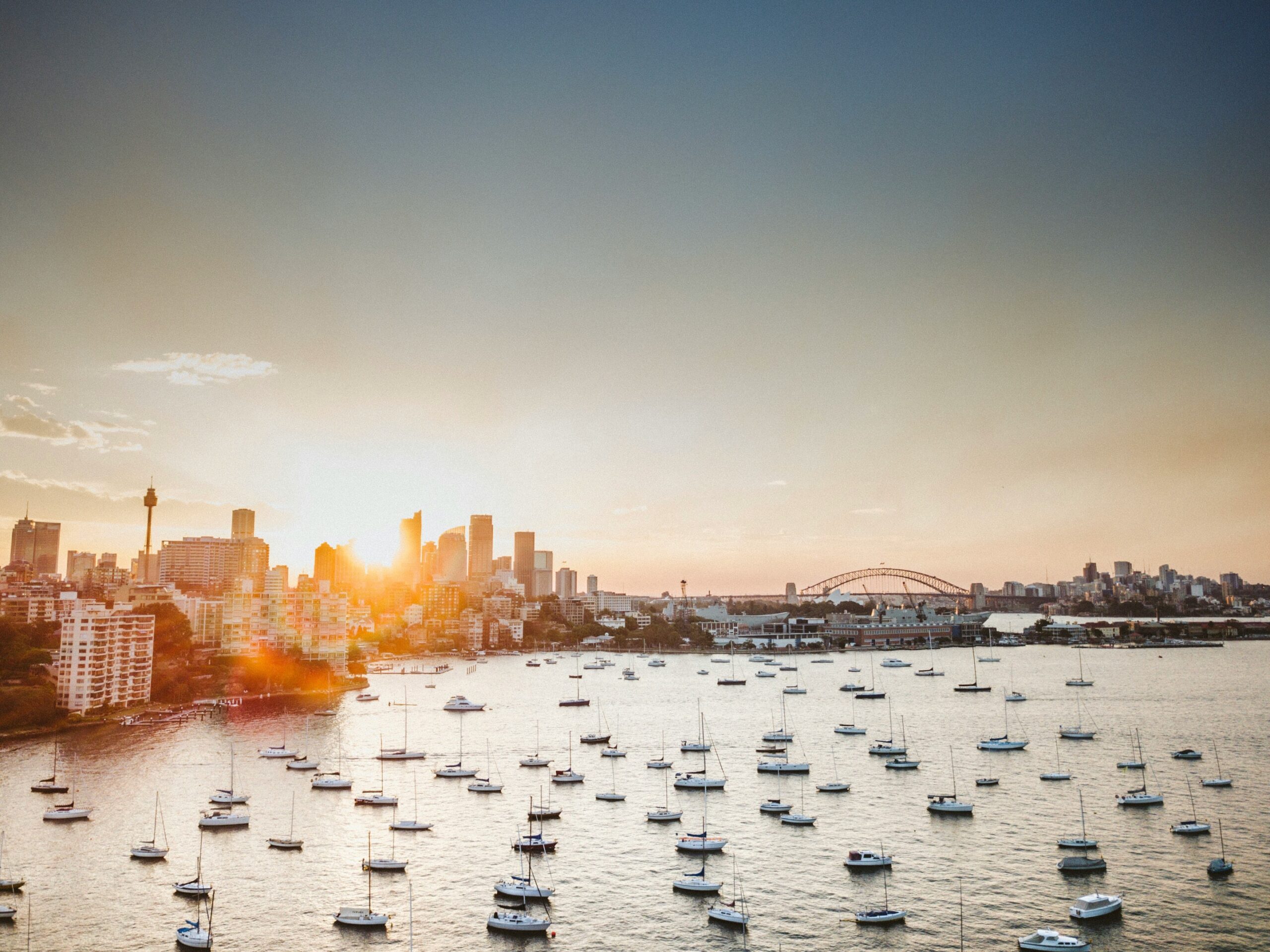VIP Protection Within the Law: Navigating Legal Boundaries in Thailand’s VIP Protection Security Services

Thailand offers a rich blend of business opportunities, cultural allure, and high-end experiences, but it also presents real risks for those in the public eye. From high-profile investors to celebrities and diplomats, personal protection demands a critical blend of strength, skill and legality. Hence, to ensure safety in unpredictable environments, elite VIPs must rely on trained bodyguards who understand not just the streets but also the laws that govern protection services.
1. Licensed Security Personnel: The First Layer of Legal Assurance
In Thailand, personal protection begins with proper legal registration. Unlike in some countries, individual bodyguards are not licensed directly. Instead, private security services must be delivered through companies that are registered and approved by the Ministry of Commerce.
These companies must:
Ø Adhere to Thai labour laws, including contracts, insurance, and benefits
Ø Perform thorough employee background checks
Ø Provide structured training aligned with national standards for private security
Hiring unlicensed or freelance bodyguards may seem cost-effective, but it exposes clients to significant legal and safety risks. Penalties can affect both the provider and the client, especially if an incident occurs without a legal security framework in place.
A licensed team ensures vip protection security in Thailand service is legitimate, accountable, and auditable—essential for high-stakes protection involving corporate leaders, dignitaries, or politically exposed persons.
2. Legal Boundaries on Force and Weapons
Elite protection often involves high-risk scenarios, but even under pressure, bodyguards in Thailand are required to operate within clearly defined legal limits. Unlike law enforcement officers like police, they are generally not permitted to carry firearms; however, authorised protection companies can obtain a legal firearm license under special conditions.
Bodyguards must also follow strict use-of-force guidelines, which may include:
Ø Firearms, even when licensed, cannot be carried freely in most public areas
Ø Any physical intervention must be defensive and proportionate
Ø Non-lethal tools (e.g., pepper spray or batons) may be used based on context and permissions
Failure to follow these laws can result in criminal charges. A professional bodyguard company ensures that all personnel understand these boundaries, protecting not only the client’s life but also their legal standing in the event of an incident.
3. Respecting Privacy and Upholding Confidentiality
Thailand enforces stringent privacy rules under its Personal Data Protection Act (PDPA)—a legal framework that directly impacts how VIP protection teams operate. While discretion is expected in this field, legal compliance with data protection laws is non-negotiable.
Professional bodyguards must:
Ø Avoid recording or tracking individuals without legal consent
Ø Maintain strict confidentiality over client movements, data, and communication
Ø Steer clear of actions that may be interpreted as eavesdropping or stalking
These standards are especially critical for protecting sensitive business dealings, diplomatic travel, and personal family matters. A trusted security team is trained to uphold confidentiality as rigorously as they protect your physical safety.
4. Coordination with Authorities and Immigration Compliance
Elite protection doesn’t operate in isolation. Whether it’s a red-carpet event, political conference, or high-risk travel route, working in coordination with Thai authorities is often essential. Local police may need to be informed or involved, particularly if firearms, large public appearances, or VIP convoys are involved.
Equally important is the legal status of any foreign bodyguards accompanying a client:
Ø They must obtain valid work permits and declare their role accurately
Ø Failure to comply can result in deportation, detention, or fines
Ø Coordination with embassies and legal counsel may be necessary for diplomats or state visitors
In short, legal oversight is not an afterthought—it’s part of the protection process.In conclusion, elite VIP protection in Thailand is only adequate when it blends tactical skill with legal awareness and precision, while respecting the host country’s rules. Partnering with a licensed, experienced security provider ensures every protective measure is competent, compliant, and practical, giving clients not just safety but also the confidence to operate freely and responsibly. Always choose expertise backed by local knowledge and legal integrity for total peace of mind.



